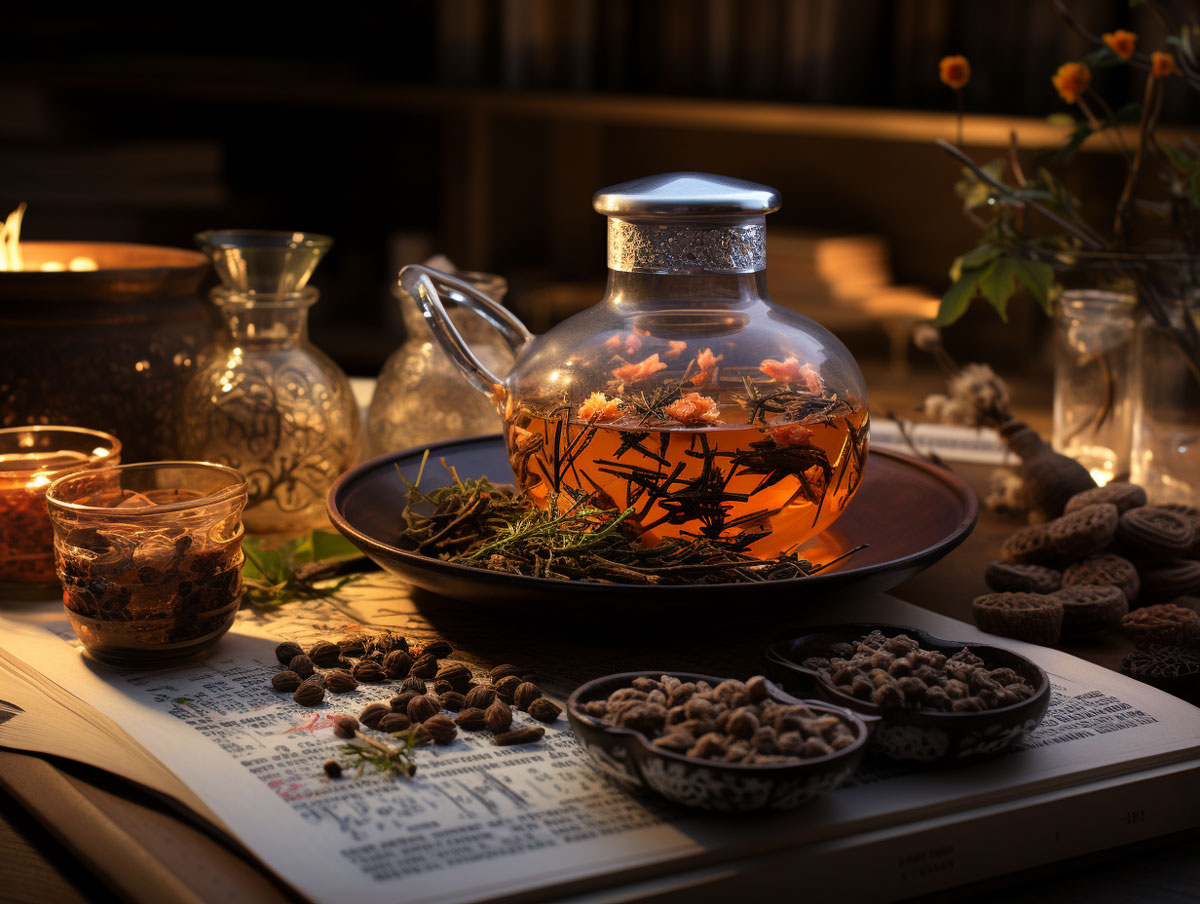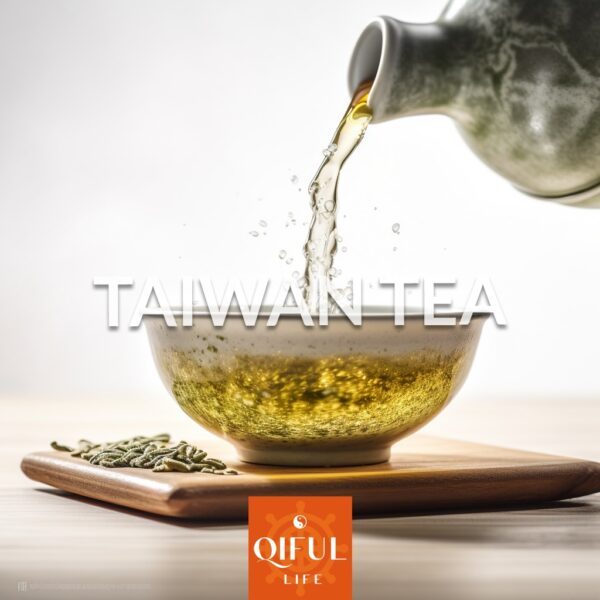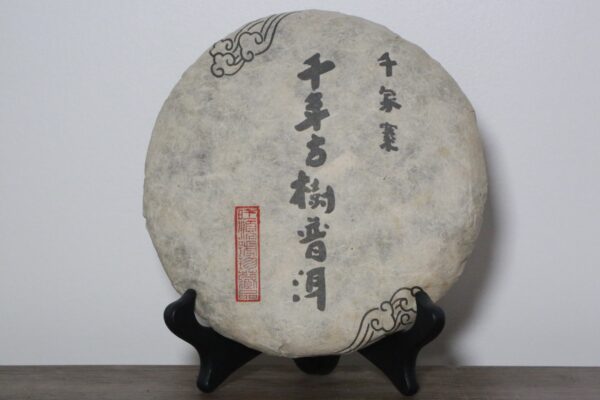
Is Puerh Tea the Same as Black Tea?
There is a lot of confusion amongst tea drinkers regarding Puerh Tea vs. Black Tea. In this article, we aim to clarify all the confusion once and for all.
Key Points
- Puerh Tea and Black Tea are 2 different types of tea.
- Puerh tea in China is considered a type of Dark Tea, which is called 黑茶 in Chinese. The issue is that the literal translation of 黑茶 is black tea, hence why it gets confused as what the West thinks of as Black Tea.
- The main area of confusion between these 2 teas is due to the mistranslation factor, which stems back to 18th century British culture. The mistranslation has yet to be addressed and agreed upon.
- In reality, what the West knows as “Black Tea” should in fact be called Red Tea. The term Black Tea should be reserved for what is known as Dark Tea cultivars in Asia.
If that seems confusing, you are not alone. Let’s dive into this further and break down each tea to a more detailed level.
Origins
Ripe Puerh Tea is unique to Yunnan province in China and is celebrated for its distinct geographic signature. It is made from coarse tea leaves, which is a defining feature of Puerh. In contrast, black tea can come from various regions across China, such as Fujian, Guangdong, Sichuan, and Yunnan. This variety offers flexibility in raw materials, including both large and small tea leaves.
Production Process
The production of Ripe Puerh Tea involves multiple stages: rough tea preparation, pilling, drying, filtering, selecting, sun drying, and packaging. Fresh Yunnan big tea leaves are processed through steps such as killing green, rolling, and sun drying. Black tea, also known as red tea, uses polyphenol oxidase in the tea leaf cells, leading to chemical reactions that produce high-polymer tea polyphenols and a reddish infusion. Kungfu black tea undergoes withering, rolling, fermentation, shaping, drying, and refining, resulting in tea with a bar shape or a curly appearance.
Appearance: Shapes and Colors
Ripe Puerh Tea is available in two primary forms: loose tea and pressed tea. Loose Puerh tea is broad, dense, and typically brown or maroon. Pressed Puerh tea comes in various shapes, including pies, bricks, or blocks. Kungfu black tea often appears in a bar shape with a curly look and usually has a golden-yellow color. Broken tea is granular and is commonly used in tea bags.
Puerh Tea vs. Black Tea Liquor Color
When brewed, ripe Puerh tea produces a deep red or maroon liquor. Black tea yields a golden-yellow or red hue, depending on the variety.
Taste
Ripe Puerh Tea is known for its robust and full-bodied flavor, which can include notes of orchid. Black tea offers a sweet and pure taste, often complemented by a pronounced sugary aroma.
Puerh & Black Tea Brewing
Ripe Puerh Tea, with its large tea leaves from big trees, can typically be brewed more than 15 times. Black tea can be brewed around 5 times, though high-quality Dianhong varieties, like Black Gold Wild Dianhong, can offer more than 10 brews.
Brewing Techniques
For brewing black tea, porcelain Gaiwans or devices designed for Dianhong are recommended, although a convenient teapot can also work. For ripe Puerh Tea, a clay teapot is preferred due to its narrow mouth and excellent insulation, which enhances the tea’s rich and intense flavor.
Overall, this issue is only further exacerbated by the fact that tea brands stemming from Asia are promoting Puerh Tea as Black Tea. And understandably so! However, this has lead to tea drinkers consuming Puerh rather than the red tea they think of when the term “black tea” comes to mind.
Conclusion
Unfortunately, such confusion over Puerh Tea vs. Black Tea will likely linger unless there is a mass movement toward renaming black tea to red tea. In the meantime, just know that our Black Tea selections are in fact the “red teas” you are hoping to find!






